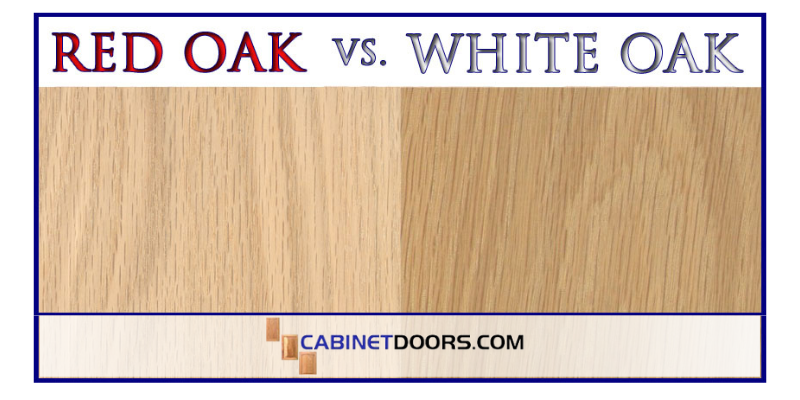
Oak is one of the most popular woods for use in the home, as it provides a wonderful, natural appearance and reassuring durability. However, there are multiple oak species to choose from—two of the most popular are white oak and red oak.
If you are debating between white oak and red oak and exploring the pros and cons of each type, then CabinetDoors.com is here to help. This post will examine some of the differences between these two popular wood species, their advantages and the common uses of both.
On This Page:
-
How To Identify White Oak and Red Oak Properties
-
What Are the Differences Between Red Oak and White Oak?
-
Staining and Finishing White Oak vs. Red Oak
-
Refresh Your Home with Oak Cabinet Doors
How To Identify White Oak and Red Oak Properties
Both red oak and white oak are large trees found throughout the United States and Canada. The wood from these two trees is popularly used for a variety of purposes, from furniture to construction. When deciding which is better for your home, it helps to be able to tell the difference.
The colors in white oak are slightly varied. White oak colors range from light brown to dark brown and even into the dark yellows. Separate boards of white oak lumber may have different tones. The grain pattern is eye-catching but less prominent than red oak. White oak grain tends to be narrow but detailed.
Red oak is slightly lighter than white oak and has more of a pink-reddish hue, as its name hints. The grain patterns in red oak are also more elaborate and wavier. Quality red oak catches the eye easily with its wild patterns. You can also identify red oak from white oak by the texture. Red oak is open-grained and softer than rigid, closed-grain white oak.
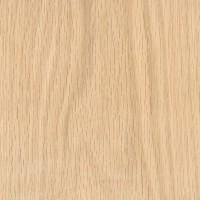
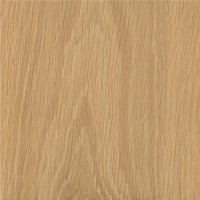
Fig.1 - Unstained Red Oak. Fig.2 - Unstained White Oak.
The pictures above show the typical coloring of unfinished red and white Oak. Color variations between the growing regions can be significant in both red and white oak. When looking for oak furniture or cabinet doors, be sure to color-match the wood with your current furniture.
What Are the Differences Between Red Oak and White Oak?
Both white oak and red oak are quality woods, but with their own advantages. Before making your final choice of wood for your cabinet doors or home furniture, there are a few key differences to consider.
Red Oak Is Porous
The texture of red oak is one of its most significant differences from white oak, as it is far more porous and absorbent. The porous feature of red oak can be both a hindrance and a benefit. On the one hand, red oak is at a higher risk of water damage, which can lead to warping. Therefore, it is not the ideal choice for installation near sinks or water. Red oak is also more prone to shrink than white oak.
On the other hand, red oak finishes and stains easily compared to other woods. Because the open pores in red oak absorb stain, the grain patterns become very evident when a dark stain is used as a finish.
The pores of white oak trees are typically plugged with small features called tyloses, which help the tree cut off infected branches. These tyloses make the wood from white oak almost impervious to water and resistant to the elements.
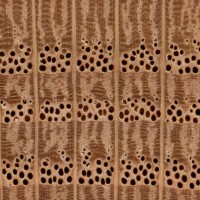
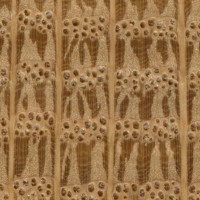
Fig.1 - Red Oak End Grain. Fig.2 - White Oak End Grain.
The above end grain pictures show the pores that extend through the wood. In red oak, these pores are open, while in white oak, these pores are filled. In fact, if red oak is placed in water, then the pores allow bubbles to be blown through the sample. This cannot be done with white oak.
White Oak Is More Durable
Since white oak is closed-grained and less porous than red oak, it is also stronger and more durable. In fact, this wood is so durable that it was even used in 18th-century warships, like The USS Constitution, also known as Old Ironsides.
White oak’s natural strength also makes it more resistant to water damage since the wood does not easily absorb moisture. This water and steam resistance makes it an excellent choice for use in either bathroom or kitchen cabinet doors.
Red oak also has a softer texture, meaning you should be more careful about where you use it in the home. For example, red oak works better in cabinet doors away from high-traffic and moisture-prone areas or could benefit from a stronger seal or varnish to protect it.
They Have Varying Applications
Both red oak and white oak are used in a variety of applications. The strength and durability of white oak is by far its most defining characteristic. As a result, white oak is particularly suited for use in more intense conditions, like in the boating industry. Because of its resistance to moisture, white oak is also widely used to construct outdoor furniture, whisky barrels and cargo truck flooring.
Rift white oak is often used for indoor applications like cabinet doors. Quality white oak is also a favorite material for quarter-sawn wood. Quarter-sawn white oak is one of the most durable, stable lumber you can choose from for construction.
The usual purposes for red oak are often less intense than those for white oak. Red oak is well suited for furniture, flooring, cabinets, cabinet doors and paneling. This wood is available at most home centers.
Staining and Finishing White Oak vs. Red Oak
If you are trying to decide between these two kinds of wood, then you should consider what kind of stain or finish you are looking for. Red oak, since it is a porous wood, tends to take stain evenly without blotching, making it an excellent option if you want a refined, stained wood look in your home. Just make sure that the reddish hue doesn’t clash with other colors in your space.
Your success with red oak staining may also depend on the species of the tree. For example, Northern Red Oak, especially Glacial Northern Red Oak, is a very uniform "Wheat color" and will stain evenly without significant color variation. Wood from Southern and Appalachian red oak trees will have much more color variation than northern-grown red oaks.
White oak, on the other hand, is closed-grained and tends to be more challenging to stain evenly. Uneven staining is often not a problem since most applications that use white oaks are less critical of color variations than applications using red oaks. For example, whiskey barrel and cargo-truck flooring applications don’t need color consistency.
The varying grain pattern means that white oak is often a better choice if you prefer the natural, unstained appearance of wood for your furniture or cabinet doors. However, it does not mean that staining is not an option. White oak stain and wood sealer can enhance the appearance of the wood and highlight the different tones in its grain when applied carefully.
Refresh Your Home with Oak Cabinet Doors
Both white oak and red oak are excellent choices for furniture and cabinet doors alike, as they bring a beautiful natural appearance into your home. White oak is often the best choice for crafting durable cabinet doors that can withstand the high traffic of a bathroom or kitchen. If you are looking for white oak cabinet doors, then turn to Cabinetdoors.com.
We are a quality manufacturer who can deliver custom high-quality cabinet doors straight to your front door. Cabinetdoors.com is trusted to supply several national hardware chains, dozens of home builders and hundreds of custom cabinet makers nationwide. Contact us today to learn more, or start the ordering process for your new replacement cabinet doors.

